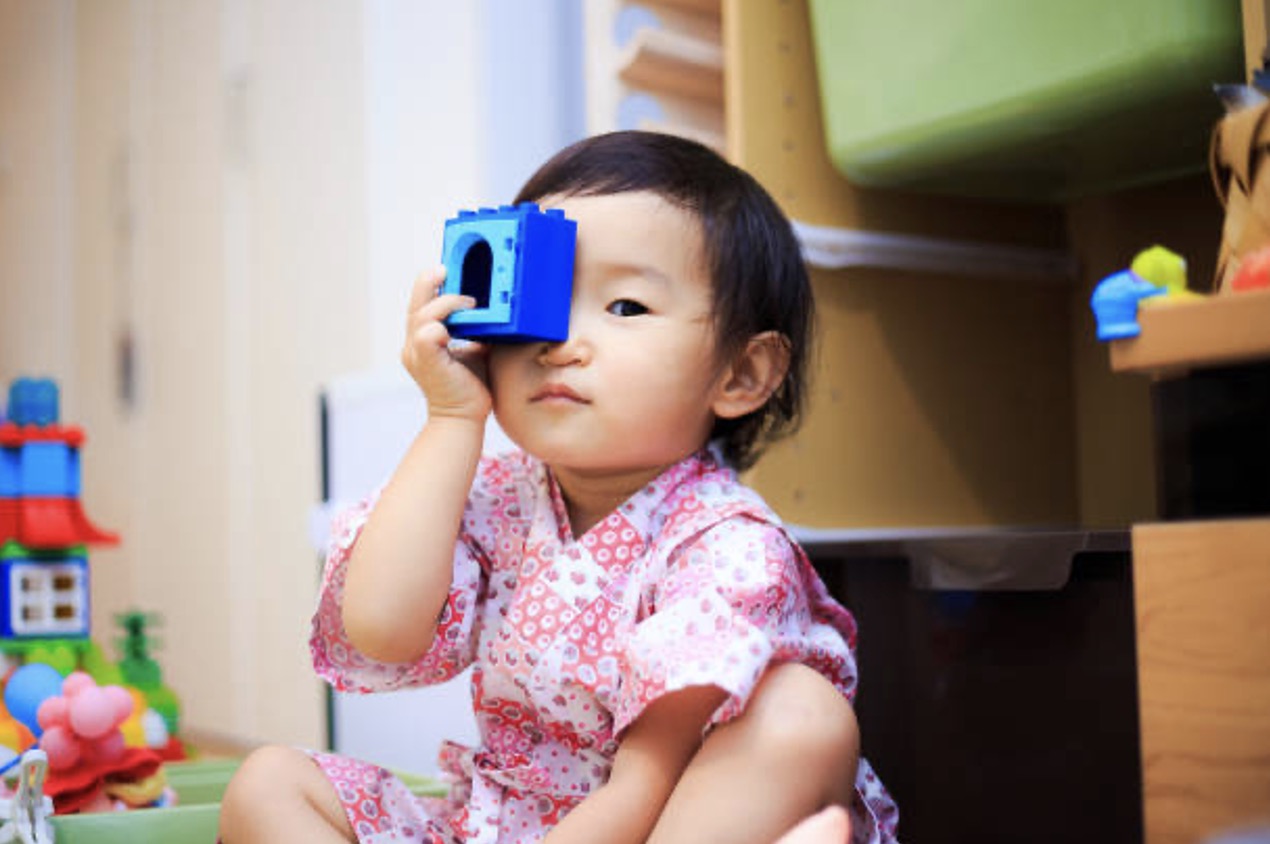Research

Why a Sense of Safety is Crucial in Early Education

A Sense of Safety is crucial in early education as it lays the foundation for a child’s physical and emotional well-being, and overall development. A safe and secure environment is essential for children to learn and grow, and it plays a critical role in shaping their mental health, academic success and future relationships.
One study published in the “Journal of Educational Psychology” found that children who felt safe and secure in their classroom had better academic outcomes, such as higher test scores, compared to children who did not feel safe and secure. This suggests that children who feel safe and secure are more likely to be engaged in learning and have better academic outcomes.
Another study, published in “Child Development,” found that children who felt safe and secure in their early childhood settings had better social skills and emotional regulation, compared to children who did not feel safe and secure. This suggests that children who feel safe and secure are more likely to have better relationships with their peers and adults, which is crucial for their social and emotional development.
A third study, published in “JAMA Pediatrics,” found that children who felt safe and secure in their early childhood settings had better mental health outcomes, including lower rates of anxiety and depression, compared to children who did not feel safe and secure. This suggests that children who feel safe and secure are more likely to have better mental health outcomes, which is crucial for their overall wellbeing and development.
In conclusion, research has shown that a sense of safety is crucial in early education as it lays the foundation for a child’s physical and emotional well-being, and overall development. Children who feel safe and secure are more likely to have better academic outcomes, better social skills, and better mental health outcomes. It is important for educators and parents to recognize the importance of promoting a sense of safety in young children and to create an environment that supports and nurtures their overall development.
References:
“Journal of Educational Psychology” study:
https://psycnet.apa.org/record/2011-25287-006
“Child Development” study:
https://www.ncbi.nlm.nih.gov/pmc/articles/PMC5888204/
“JAMA Pediatrics” study:
https://jamanetwork.com/journals/jamapediatrics/fullarticle/2748255
Start using Personhood360 for free!
Access all Personhood360 features for 30 days, to see how Personhood360 can add value to your early childhood centre.
Or compare plans from $2.45 per child/month
![]() Cancel any time
Cancel any time![]() Online Support
Online Support
